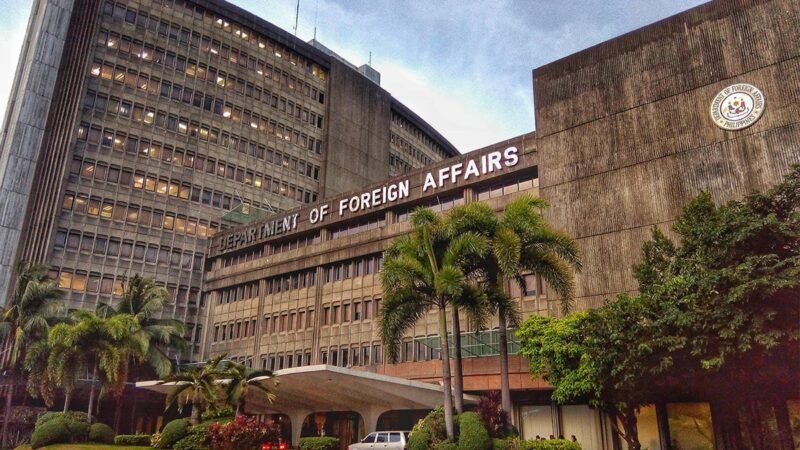The latest version of the Magna Carta of Filipino Seafarers has removed the contentious provision on the execution bond, which was criticized for being unfair to seafarers in need of benefits. The bill was not signed into law by President Ferdinand Marcos Jr on February 26, 2024, and was withdrawn by the House of Representatives for further review. The Magna Carta aims to implement the standards set by the Maritime Labour Convention of 2006, known as the Seafarers’ Bill of Rights.
The MLC 2006 sets minimum working and living standards for seafarers on ships flying the flags of ratifying countries, with the Philippines being the 30th state to deposit its instrument of ratification in 2012. The Magna Carta seeks to protect and promote the welfare of Filipino seafarers by recognizing their rights and establishing mechanisms for enforcement. The delay in signing and withdrawal of the bill was due to contentious issues, including provisions on disability claims.
The debate on disability claims focused on proposed amendments to the Labor Code that could impact the finality of decisions by the National Labor Relations Commission and the National Conciliation and Mediation Board. The House version included the controversial escrow/execution bond provision, while the Senate version omitted it. The bicameral committee removed the escrow but included a provision on execution bond, which has been criticized for being anti-labor and unconstitutional.














